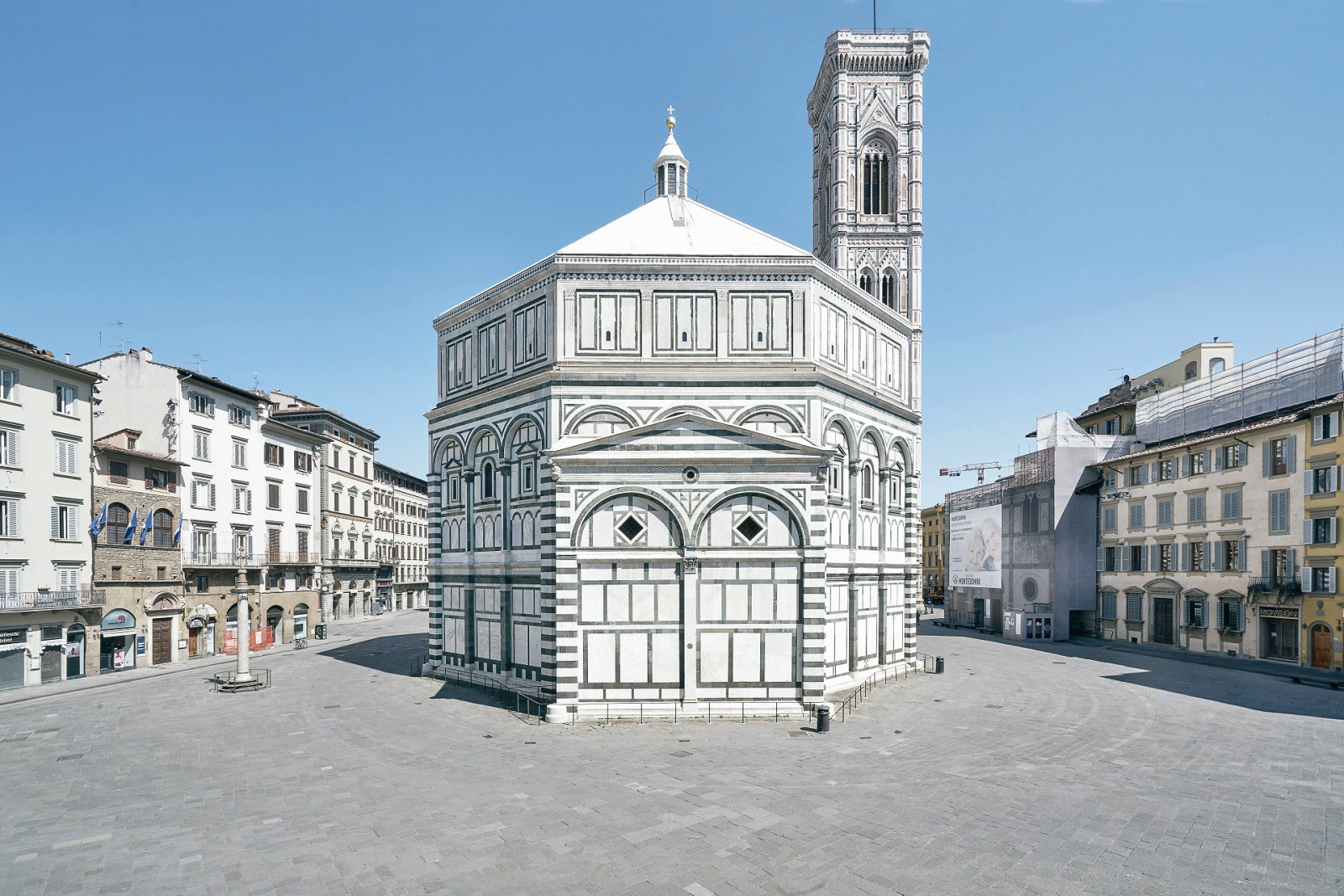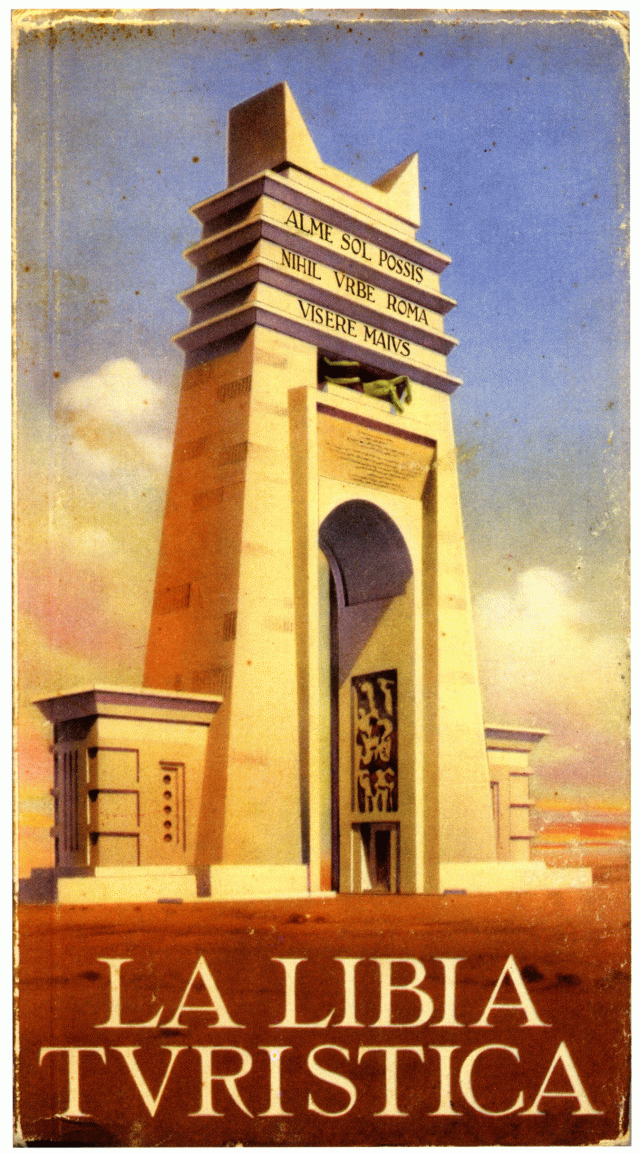Forschung
Heritage, Art History, Tourism (H.A.T.)

Edoardo Delille, Florence Baptistery, from the series Silenzio, 2020. Photo: © Edoardo Delille
H.A.T. was launched in 2019 as a platform for transdisciplinary conversations and research. Critical tourism studies and critical heritage studies have been rapidly evolving fields over the last years, whereas art history has hardly engaged in a dialogue with them. Florence seemed to be the right place for doing so. The city as site of global tourism, with its places, monuments, museums and the “myth” of the Renaissance, offers a prime laboratory for studying the entanglements and disjunctions between art history and tourism, as well as art historical and touristic narratives; site management and art historical “field work”. Beyond the mainstream “image” of Florence there are alternative experiences, itineraries and other (“removed”) sites to be visited, promoted by cultural workers, artists and civic institutions, for example concerning Italy’s colonial and fascist history, its postwar reconstruction and urbanization dynamics, as well as the spaces and perspectives of migrants, co-existence of communities etc.
“Overtourism”, the initial focus of the project, has given way to a focus on the experience of empty urban spaces and undertourism, a response to the pandemic and lockdowns that has provoked new questions and debates regarding the (sustainable) future of tourism and heritage from a political, economic, urban-ecological and media perspective.
H.A.T. is not constrained by its focus on Florence or its interest in thinking about the future. It is concerned with landscapes and territory, the entanglements between nature and culture. The project includes a historical perspective, regarding changing travel infrastructures and technologies since the early nineteenth century, the rise of tourism industries, the role of photography, guide books, and the establishing of art history as an academic discipline.
The entanglement of Archaeology, Colonialism, and the History of Tourism in a global horizon has been explored through an international conference, organized together with Vera-Simone Schulz. Further case studies are planned in India and Mexico, and for a World Heritage Site in Cappadocia, Turkey, concerned with historical and contemporary dynamics of landscape archaeology, architecture, site management and exploitation (elaborating a digital infrastructure). All this includes the discussion of fundamental shifts in the meaning and politics of cultural heritage.



